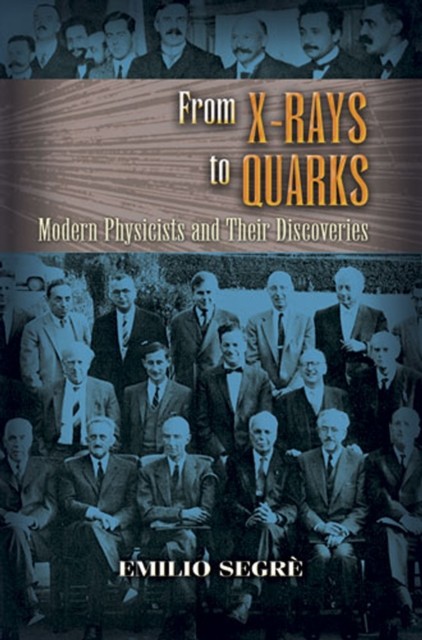A leading figure in twentieth-century physics offers impressions and recollections of the field's development. Nobel Laureate Emilio Segrè (1905–89) knew and worked with many of modern physics' preeminent scientists. In this simple but elegant history, he offers compelling views not only of the milestones of scientific discovery but also the personalities involved—their attitudes and politics as well as their trials and triumphs. Highlights include a profile of Albert Einstein, from his unconventional youth to his role as science's elder statesman; the wonder year of 1932, which witnessed the discoveries of the neutron, positron, and deuterium; and the first steps in building particle accelerators.A student and colleague of Enrico Fermi, Segrè made numerous important contributions to nuclear physics, including participation in the Manhattan Project. Segrè is further renowned for his narrative skills as a historian. This book is a companion to the author's From Falling Bodies to Radio Waves: Classical Physicists and Their Discoveries, also available from Dover Publications.

